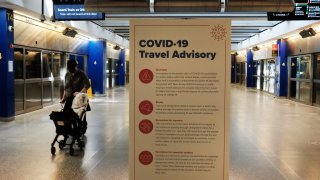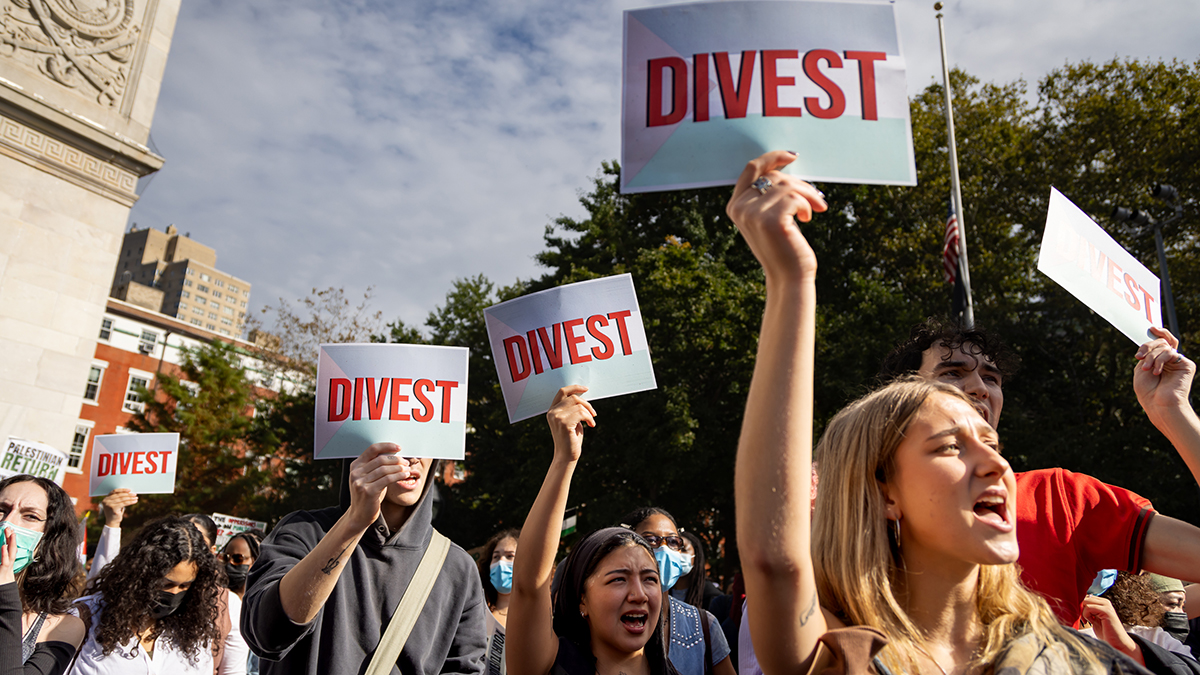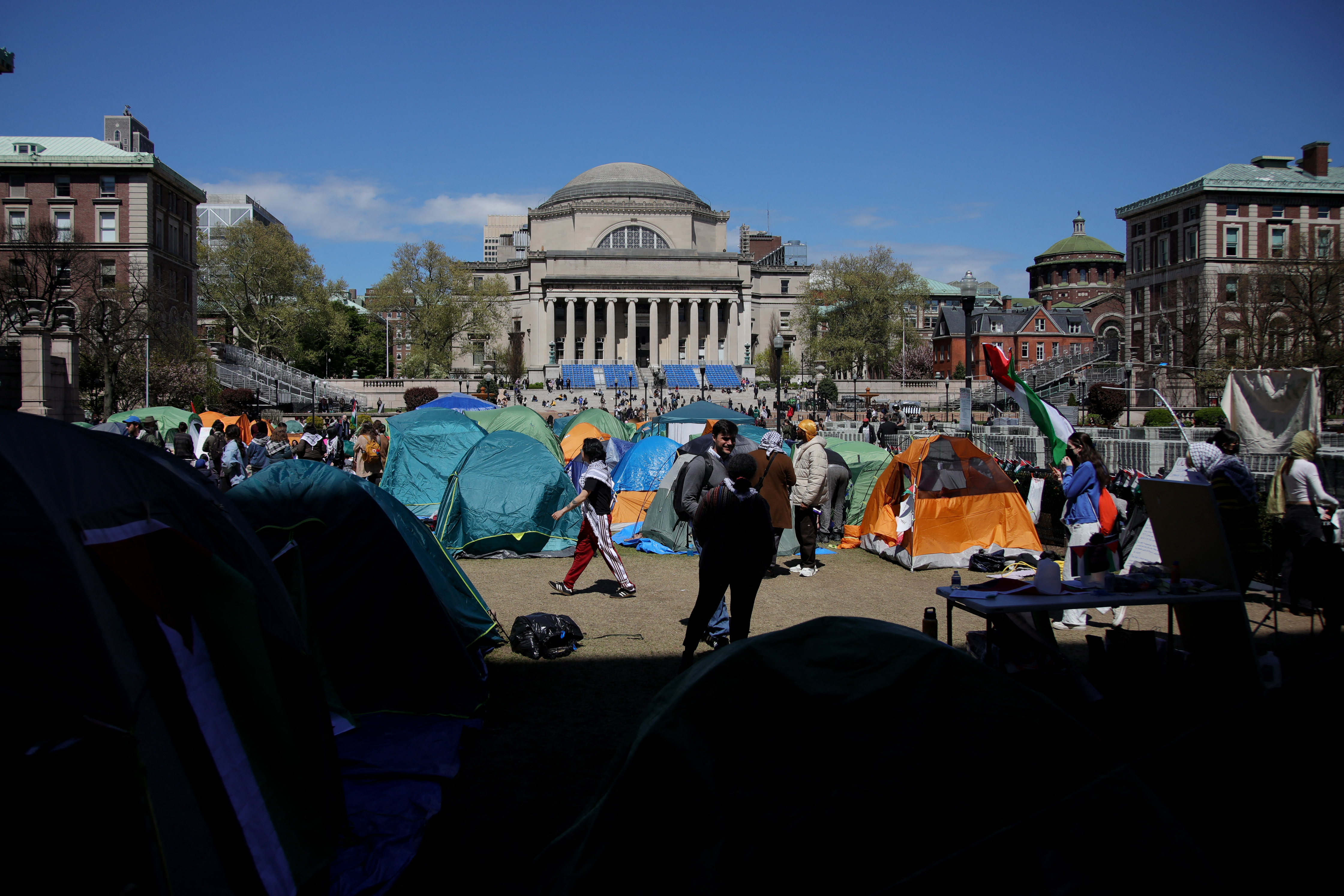
A new study purports that the travel bans most countries around the world, including the U.S., have enacted at different points throughout the pandemic aren't the most effective tools at preventing spread of COVID-19.
Scientists at the New York University Tandon School of Engineering found that travel restrictions only really work during the early stages of a pandemic. The team developed a data modeling framework for isolating the effectiveness of different COVID intervention and prevention policies, and used that framework to study how the coronavirus spread in Italy.
The researchers, led by professors Alessandro Rizzo and Maurizio Porfiri, found that limits in personal mobility by travel restrictions and similar strategies loses effectiveness in proportion to the spread of the virus through a population. In other words, the more people that are infected with the coronavirus in a country, the less effective a travel ban for the country would be.
The better long-term method of controlling spread of COVID-19 comes from practices that have been echoed since mid March of last year: reducing individual activity via social distancing and closing non-essential businesses.
Get Tri-state area news and weather forecasts to your inbox. Sign up for NBC New York newsletters.
"While this project was focused specifically on Italy, the results are revelatory for virtually any country relying on travel restrictions to stem the spread of the pandemic," said Porfiri. "We look forward to using U.S. data to tune the model and give specific answers to combat this delicate phase of the pandemic."
The research found that selective lockdown tactics, such as a restriction on activity only for the elderly, similarly did not have a great effect on overall virus transmission. The algorithmic framework also modeled scenarios in which restrictions were lifted, finding that social restrictions must be lifted gradually in order to prevent an additional wave. The timing and speed of which travel restrictions were lifted did not seem impact the rate of transmission, according to the study.
The group's research was published in the Journal of the Royal Society Interface.
News
Because their method can be run easily on any computer, the researchers hope it can be used to craft policy regarding containment actions to protect citizens heath that avoids total shut downs, given the economic, social and psychological consequences of such decisions.
The researches said they will now be using their model to determine the effectiveness of different vaccination policies, to see which rollout method works best at halting the virus.



